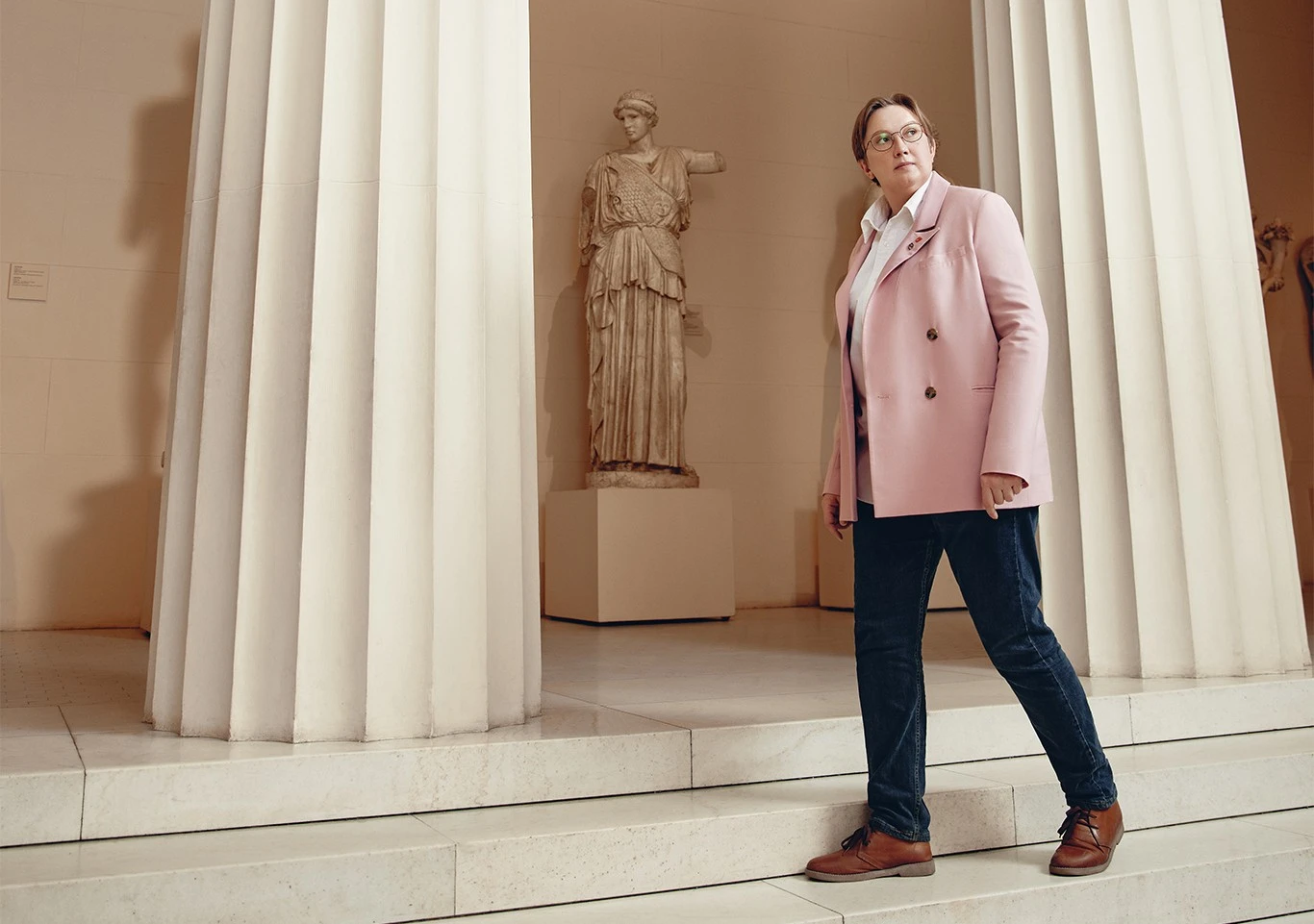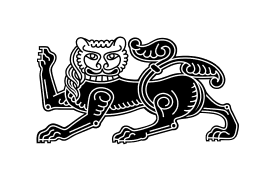Institutions of the Future: Elizaveta Likhacheva on the Value of Museums in Connecting Generations

Museums play a vital role in preserving and transmitting historical and cultural values to future generations. They help safeguard our ancestors’ legacy and deepen our understanding of the past. During the International Science Fiction Symposium “Inventing the Future”, Elizaveta Likhacheva, Director of the Pushkin State Museum of Fine Arts, along with representatives from other institutions, will discuss how museums will engage with future audiences.
“A museum is an institution that provides a certain degree of verification. A museum is where the future is shaped; it serves as a place that preserves the history of civilization as a whole. Without understanding history, there can be no progress. The heyday of the Middle Ages began when people during the Carolingian Renaissance started reviving and re-translating ancient authors. They returned to what had been destroyed in order to save at least something of what remained, and on that foundation, one of the greatest civilizations on Earth — the Western European Christian civilization — was built. A museum is a place where a person comes to understand who they are, which civilization they belong to, or perhaps do not belong to, and to become acquainted with aspects that broaden their horizons,” noted Elizaveta Likhacheva noted.
At the same time, institutions inevitably face change they respond to in various ways. For instance, museums tend to be conservative and resistant to change, which, according to Elizaveta Likhacheva, is completely normal.
“But at the same time, the museum is one of the future-oriented institutions, defining and shaping civilization by fostering culturally aware individuals who understand and acknowledge being part of it. The future does not grow out of nothing, it grows out of something. The museum of the future is a place where both objects and visitors feel at ease,” Elizaveta Likhacheva adds.
Modern visitors may lack the knowledge and context that previous generations took for granted when visiting exhibitions. The Symposium will explore how museums can adapt to these changes and develop a new way of communicating with their audience. Experts will also touch upon the topic of scientific research conducted within museums.
“We will discuss how museums will engage with their future audience and what language they will use to communicate. Already today, we encounter visitors who don’t understand the language of classical culture. They don’t know who Hercules is. They lack the cultural language their predecessors had a hundred years ago. We need to talk about this and how museums can help shape the future,” Elizaveta Likhacheva says.
The future of cultural
institutions and their development paths will be discussed at the International
Symposium “Inventing the Future” at the Russia National Centre from November 4
to 6. The agenda and live broadcasts will be available on the Symposium’s website.
